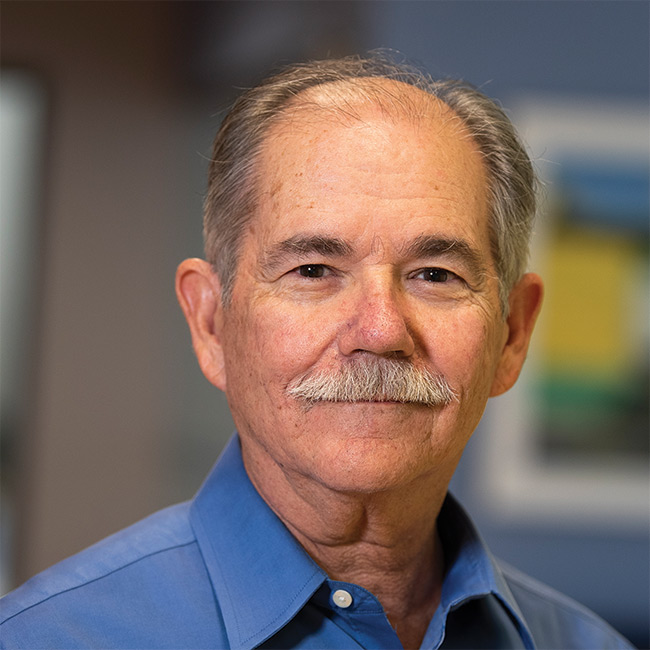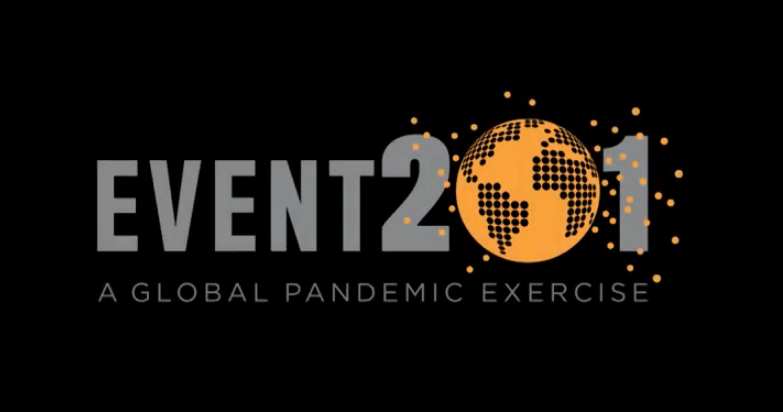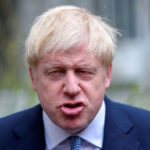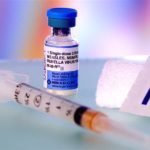Eric Toner, a senior scholar at the Johns Hopkins Center for Health Security has been preparing for an outbreak like coronavirus as part of his work for many years.

The Johns Hopkins Center for Health Security practices virus simulations as part of is preparedness protocol, with the goal of offering public health experts and policymakers a blueprint of what to do in a pandemic.
Hosted by The Johns Hopkins Center for Health Security, World Economic Forum and Bill & Melinda Gates Foundation, One of those simulations took place at the The Pierre hotel in New York, October 2019 (Event 201) .
Event 201 was a 3.5-hour pandemic tabletop exercise that simulated a series of dramatic, scenario-based facilitated discussions, confronting difficult, true-to-life dilemmas associated with response to a hypothetical, but scientifically plausible, pandemic. 15 global business, government, and public health leaders were players in the simulation exercise that highlighted unresolved real-world policy and economic issues that could be solved with sufficient political will, financial investment, and attention now and in the future.
The exercise consisted of pre-recorded news broadcasts, live “staff” briefings, and moderated discussions on specific topics. These issues were carefully designed in a compelling narrative that educated the participants and the audience which were invitation-only of nearly 130 people.
Event 201, played by 15 leaders of business, government, and public health, illustrated realistic policy problems that must be addressed under pressure during a pandemic. At the video-driven exercise, players will be presented with a scenario that reveals unresolved and controversial policy and economic issues that could be solved with sufficient political will, financial investment, and attention.
Players included:
- Latoya Abbott, Risk Management & Global Senior Director Occupational Health Services, Marriott International
- Sofia Borges, Senior Vice President, UN Foundation
- Brad Connett, President, U.S. Medical Group, Henry Schein, Inc.
- Christopher Elias, President, Global Development division, Bill & Melinda Gates Foundation
- Tim Evans, Former Senior Director of Health, World Bank Group
- George Gao, Director-General, Chinese Center for Disease Control and Prevention
- Avril Haines, Former Deputy Director, Central Intelligence Agency; Former Deputy National Security Advisor
- Jane Halton, Board member, ANZ Bank; Former Secretary of Finance & Former Secretary of Health, Australia
- Matthew Harrington, Global Chief Operations Officer, Edelman
- Martin Knuchel, Head of Crisis, Emergency and Business Continuity Management, Lufthansa Group Airlines
- Eduardo Martinez, President, The UPS Foundation
- Stephen Redd, Deputy Director for Public Health Service and Implementation Science, US CDC
- Hasti Taghi, Vice President & Executive Advisor, NBCUniversal Media
- Adrian Thomas, Vice President, Global Public Health, Johnson & Johnson
- Lavan Thiru, Chief Representative, Monetary Authority of Singapore
Event 201 pandemic exercise, vividly demonstrated a number of these important gaps in pandemic preparedness as well as some of the elements of the solutions between the public and private sectors that will be needed to fill them.

Toner said: One thing that stood out to him: Face coverings are a vital defence to stop the spread of the virus. He believes COVID-19 won’t slow down in the U.S. even as states start to slowly reopen.
“There’s going to be no summertime lull with a big wave in the fall,” he said as part of CNET’s Hacking the Apocalypse series. “It’s clear that we are having a significant resurgence of cases in the summer, and they’ll get bigger. And it’ll keep going until we lock things down again.”
The U.S. recently added about 43,000 positive COVID-19 cases to its 2.9 million total, according to the Johns Hopkins University of Medicine. The death total has surpassed 130,000.
Toner, contrasting the virus to seasonal influenza, said until there is a vaccine, communities’ best defence to fight it is through creating distance and wearing masks.
“I think that mask wearing and some degree of social distancing, we will be living with — hopefully living with happily — for several years,” he said. “It’s actually pretty straightforward. If we cover our faces, and both you and anyone you’re interacting with are wearing a mask, the risk of transmission goes way down.”
Dr. Anthony Fauci, a top official handling the U.S. COVID-19 response, said recently he was cautiously optimistic that there could be a vaccine for the virus by 2021.
For those who refuse to wear a mask in the interim, Toner said they’ll eventually wise up.
“They will get over it,” he says. “It’s just a question of how many people get sick and die before they get over it.”
Subscribe
Click here for a secure way to sign up, you will be supporting independent news. Click the button below.
Your Opinions
Disagree with this article? why not write in and you can have your say? email us



